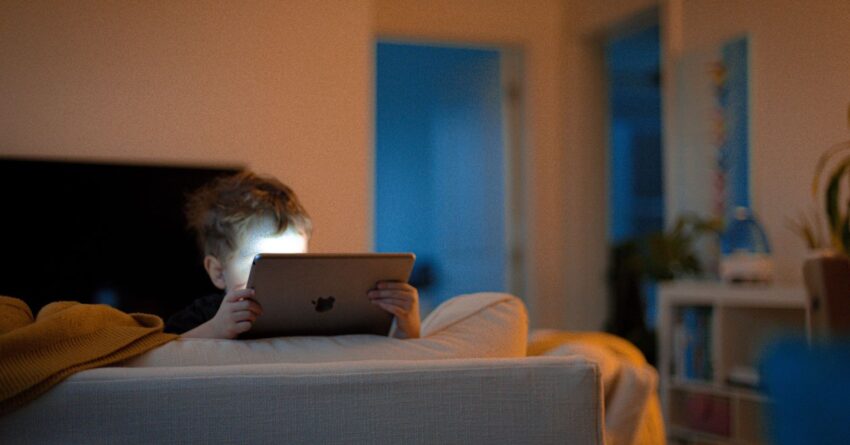
Source: stokpic/ Pixabay
In a time when our screens vie for attention every waking moment of the day, it has become increasingly important to examine the relationship we have with technology.
If you bring up the subject of technology use around any group of humans, you’re likely to hear things like, “I really need to stop scrolling,” “I get stuck on social media loops,” and “I need to get better at putting down my phone.” It would be an outlier phenomenon indeed to ever hear someone muse, “You know, I wish I spent more time staring at my screen.”
With the complexity and rapidly increasing pace of life, it makes sense that scientific research would uncover a correlation between increased screen time and decreased mental health. Researchers from the Yale School of Medicine found,
Youth who spent the most time on their digital technology were statistically more likely to exhibit higher levels of internalizing problems two years later. Internalizing problems include depression, anxiety, social anxiety, somatic complaints, and other concerns. This association between frequent screen time and mental health problems was mediated by specific changes in brain development.
A 2022 study published in Cureus found similar outcomes. This literature review found,
Constant exposure to devices like smartphones, personal computers, and television can severely affect mental health—increase stress and anxiety, for example, and cause various sleep issues in both children as well as adults.
While the benefits of technology include increased access to knowledge and resources, as well as the opportunity to connect with like-minded people, it is no longer optional to be a passive consumer of technology without emotional and social consequences.
So what are we supposed to do to support our well-being in this digital age?
I spoke with international keynote speaker and executive coach Finnian Kelly to hear his views. As the creator of Intentionality, he guides people to heal their minds using a feelings-first approach to living and leadership.
He holds a master’s in positive psychology, graduated from The Royal Military College of Duntroon, and has been a successful entrepreneur for more than a decade. His work helps people live their lives grounded in intentional choice rather than passive reactivity. Kelly shared with me a few key ways to consciously create a new relationship with technology—and how to feel more in control of your time and your life.
1. Do not go online first thing in the morning.
Our brains love the autopilot setting, and putting a screen in front of our eyes first thing is a surefire way to decrease the likelihood we’ll make conscious and intentional choices. Even allotting as little as five minutes for some intentional practices before logging on can make a huge difference in your day.
2. Set virtual boundaries.
Virtual boundaries can include limiting screen time, committing to checking email only during certain points in the day, and setting a time when you commit to powering down for the evening. Take some time to consider what makes the most sense for your life, and pick one or several virtual boundaries to help you feel less bound to your screen.
3. Say no to tech during meals.
As humans, we’re wired for connection and wired for belonging. But now more than ever, screen time is synonymous with meal time. Whether or not you have other humans in your life with whom to share meals, consider putting your screens down while you are eating. This will not only help to consciously cultivate meaningful connections, but it will also help with mindful and intuitive eating.
4. Commit to a weekly cyber sabbath.
This is a 24-hour period where you are completely free from technology—phones, computers, TVs—anything with a screen.
Kelly says,
Give your friends and family a heads-up because it might just inspire them to adopt the practice, too. It’s important to prepare your return to the digital world before signing off. Choose the time when you’ll turn the phone/computer/Wi-Fi back on, and make sure you’re in a calm state when that time comes. Otherwise delay reconnecting until you are.
By consciously creating a relationship with our screens, rather than passively consuming the endless array of digital content, we become empowered to respond rather than react to life’s stressors. When we talk about needing work/life balance, what we really mean is we need work/life boundaries. Implementing boundaries around screen time helps us harness the power of technology without going into the brain loops that accompany mindless scrolling.
